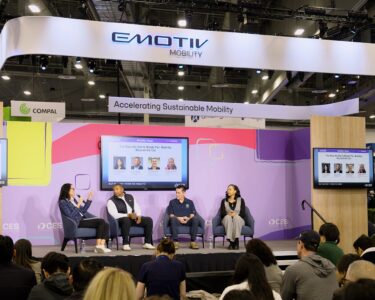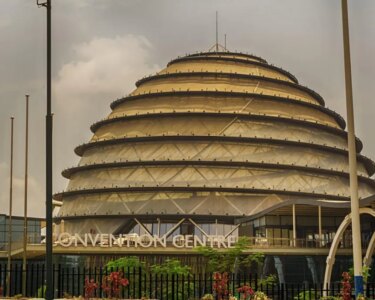President Trump is threatening to impose 30% tariffs on goods from Mexico and the European Union on August 1, and the fallout is already being felt across the events industry. Meeting planners say rising costs, supplier confusion, and ongoing supply chain disruptions tied to the tariff rollercoaster are making it harder to plan and execute events.
Tim Barrett, senior director, global meetings at Destination South, summed up the current state of confusion being felt by many planners: “It’s chaotic, especially the whiplash of one day to the next and the differing totals and/or start dates.”
The impact is being felt across the entire supply chain, from the associations and corporations hosting the meetings, to the independent planners they hire, all the way down to the suppliers they use, such as DMCs, exhibitor services firms, and AV companies.
On the merchandise side of the business, tariffs on Chinese goods have upended the promotional products industry. The Promotional Products Association International reports that 78% of its top 100 suppliers have raised product pricing to protect margins and 70% are shifting sourcing away from China.
Tariffs on imported steel, aluminum, and lumber are already driving up costs for exhibition booths, stages, and other essential event infrastructure. Audiovisual equipment prices are climbing as well, since many components come from affected countries.
As tariffs drive up costs, companies may look elsewhere to exhibit, said Kai Hattendorf, CEO of HTF Business Events Expertise and the former CEO of UFI, the Global Association of the Exhibition Industry. He predicts that trade shows in the U.S. might have to rely more on their domestic exhibitor bases as foreign businesses scale back their participation at U.S. events.
A Critical Concern
Cost increases as a result of tariffs are hitting event budgets hard at a time when planners have already been navigating rising costs due to inflation.
Skift Meetings’ 2025 survey of 103 meeting professionals found that rising costs are plaguing the vast majority of planners: When asked about the main concerns impacting their jobs right now, 90% said potential cost increases and 66% said potential recession. A full 82% said they expect event costs to increase in 2025–2026 because of the tariffs.
Incentive planners are finding ways to increase the perceived value of the incentive experience without increasing hard costs, by focusing on things like access and status. Offering attendees priority seating at an event, first access to redeem their reward, or a meet-and-greet with a musician or entertainer can add value to the experience at little or no cost.
Meeting industry lawyer Paul Cataudella, principal attorney, Cataudella Law, says planners signing hotel contracts right now have two options: Remaining silent until it becomes necessary, then addressing it in the event of a dispute, or including language that attempts to arrive at a mutually agreeable or mutually beneficial outcome in the event that a particular tariff is imposed.
“This is where it gets really sticky because the language regarding tariffs requires a heightened level of specificity: Someone could say that a tariff was imposed, and that therefore the cost is 20% higher — but is it? Are those goods actually being imported by your suppliers or your subcontractors? Are they subject to tariffs, such that it causes an increase in that program element?”
👇Follow more 👇
👉 bdphone.com
👉 ultractivation.com
👉 trainingreferral.com
👉 shaplafood.com
👉 bangladeshi.help
👉 www.forexdhaka.com
👉 uncommunication.com
👉 ultra-sim.com
👉 forexdhaka.com
👉 ultrafxfund.com
👉 bdphoneonline.com
👉 dailyadvice.us





